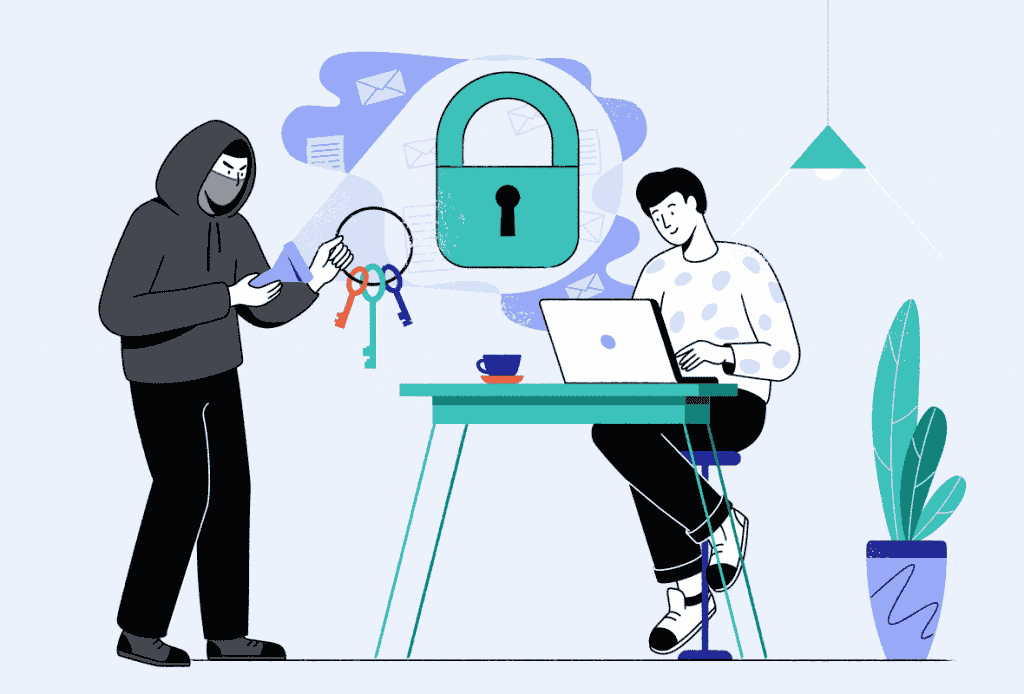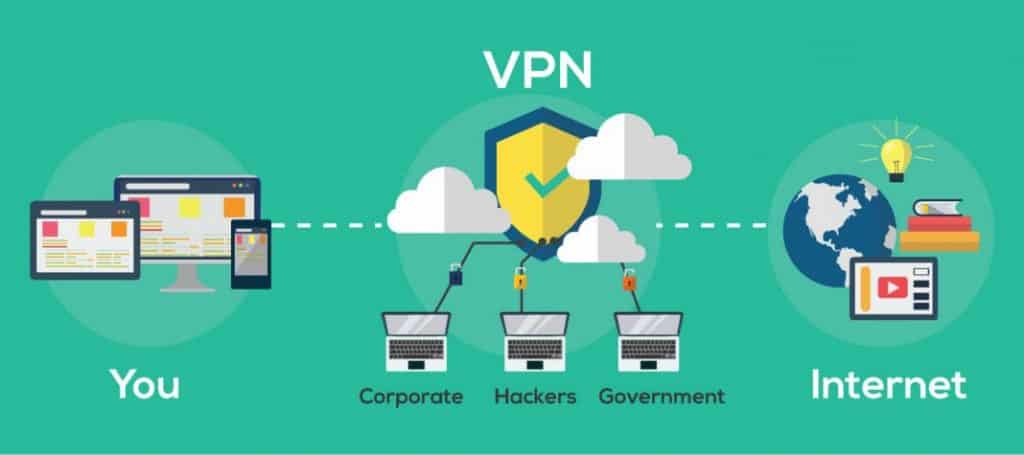Why Is Public Wi-Fi Dangerous?
We’ll briefly go through the dangers of using public Wi-Fi prior to moving on to the topic of using cheap VPNs to access such connections. The major problem with free public Wi-Fi is, well, free. A password is almost always required to join your private Wi-Fi hotspot, making it inaccessible to anybody else. Wi-Fi hotspots, on the other hand, may typically be connected instantly, or by providing a couple of personal information or a readily available login in advance. Public Wi-Fi networks are open to everyone, even criminals, as a result of this policy. Malicious hackers may therefore more easily get exposure to your information using a variety of methods, such as fraud and the dissemination of viruses through false connections. If you’re utilizing public Wi-Fi, you face the threat of getting your internet behavior observed or your identification hijacked, so you’re putting yourself in a dangerous position.
You Can Use a Free VPN but I Wouldn’t Recommend It
Numerous free VPN services are available, including Betternet and Psiphon. Avoiding expenses while gaining internet safety may appear like an obvious choice to the uninformed buyer. Although the functionality and security regulations of every free VPN operator differ, there are certain inherent difficulties with utilizing free VPN services. Keep in mind that free VPN services are still companies, and as such, they have to figure out methods to earn a profit. In order to make money, many service providers have found ways to make money other than charging consumers a price. Logging of VPN connections is included in this. A VPN log is a record of a user’s internet activity. User behavior linked gadgets, and sometimes even IP addresses are all stored by these systems. It negates the purpose of a VPN if this is the case, since your digital activities and location may still be tracked. Additionally, the privacy measures offered by free VPN services are often not up to snuff. When it comes to VPNs, it’s crucial to know if the service you’re paying for is actually protecting your digital privacy.
In the absence of DNS leak prevention, IP cloaking, and even basic traffic encryption, several cheap VPN services put their consumers in danger. Additionally, free VPNs are more vulnerable to hacking since they lack the resources to ward against skilled thieves. If you’re using a free VPN, chances are that you have no idea that it isn’t doing a good enough job of safeguarding you. As a result, if a user uses a free VPN to connect to open Wi-Fi, they may be placing themselves at risk without even recognizing it.

